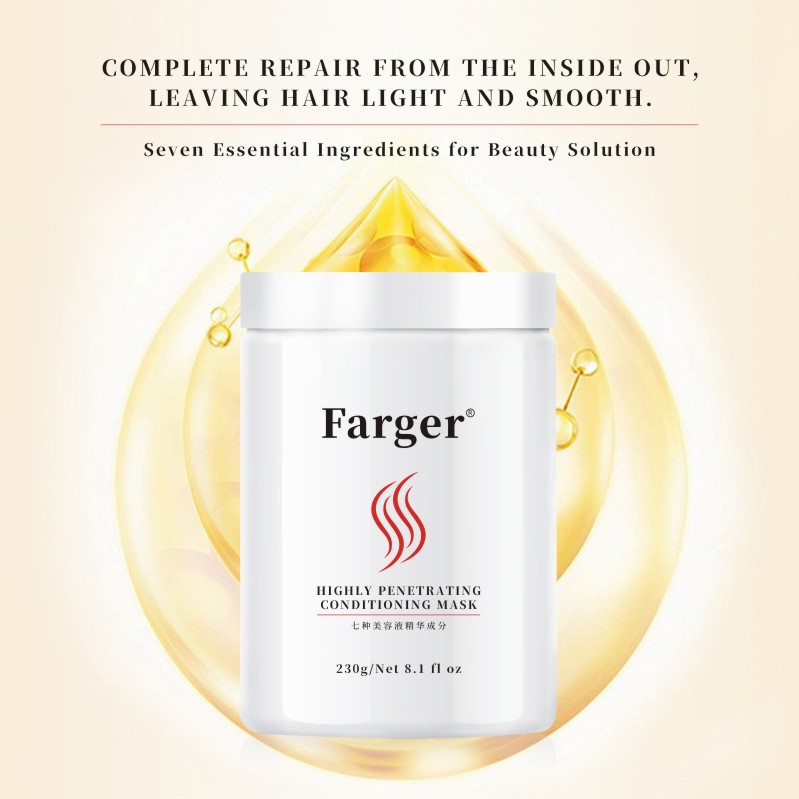Introduction to Shampoo Expiration
Shampoo is a staple in nearly everyone’s bathroom, but have you ever wondered if it expires? While it’s not food, shampoo does come with a shelf life that can impact its effectiveness and safety. Let’s dive into the details of shampoo expiration and what it means for your hair care routine.
What Does It Mean for Shampoo to Expire?
When shampoo expires, its ingredients break down, potentially losing their cleaning effectiveness. Expired shampoo may also undergo physical changes, like separating or becoming clumpy, which is a clear sign that it’s no longer in its prime condition.
Why Does Shampoo Have an Expiration Date?
Manufacturers include expiration dates to ensure product quality and safety. Over time, preservatives in shampoo lose their effectiveness, allowing bacteria or mold to grow, especially if the bottle has been exposed to air or moisture.
How to Check if Shampoo Has Expired
Understanding Expiration Dates
Most shampoos have a small symbol resembling an open jar with a number inside (e.g., “12M” or “24M”). This symbol indicates how many months the product is good for after opening.
Signs Your Shampoo Has Expired
Change in Smell
An expired shampoo may develop an unpleasant or sour odor, indicating bacterial growth or ingredient degradation.
Altered Texture or Color
If the shampoo looks separated, clumpy, or has changed color, it’s a sign that the formulation has broken down.
The Science Behind Shampoo Expiration
Ingredients and Their Shelf Life
Shampoos contain active ingredients like surfactants, moisturizers, and preservatives. Over time, these components degrade, leading to reduced effectiveness and potential contamination.
How Packaging Affects Expiry
Opaque or air-tight bottles help protect the shampoo from sunlight and air exposure, which can accelerate the degradation process. Transparent bottles, on the other hand, may allow light to affect the product more quickly.
Risks of Using Expired Shampoo
Potential Effects on Hair and Scalp
Using expired shampoo can result in buildup on your hair and scalp, leaving it feeling greasy or unclean.
Can It Cause Skin Irritations or Allergies?
Expired shampoo may harbor bacteria or mold, leading to redness, itchiness, or even allergic reactions on sensitive scalps.
How to Store Shampoo to Extend Its Shelf Life
Ideal Storage Conditions
Keep shampoo in a cool, dry place, away from direct sunlight or extreme temperatures. The bathroom shelf is usually fine, as long as it’s not exposed to frequent temperature fluctuations.
Mistakes to Avoid When Storing Shampoo
Avoid storing shampoo with the cap open, as this allows air and moisture to enter, which can speed up spoilage.
Does Natural Shampoo Expire Faster?
Differences Between Regular and Natural Shampoos
Natural shampoos often lack synthetic preservatives, relying on plant-based alternatives.
Why Natural Ingredients Have a Shorter Shelf Life
Without strong preservatives, natural shampoos are more prone to bacterial growth and ingredient breakdown, giving them a shorter shelf life than their conventional counterparts.
Frequently Asked Questions About Shampoo Expiry
Can I Still Use Shampoo After Its Expiry Date?
It’s not recommended. While it may not be harmful in some cases, its effectiveness and safety can’t be guaranteed.
What Happens if I Mix Expired and Fresh Shampoo?
Mixing the two can dilute the quality of the fresh shampoo and potentially introduce bacteria into the bottle.
Conclusion
Yes, shampoo does expire, and using it past its prime can affect your hair and scalp. By understanding expiration dates, recognizing signs of spoilage, and storing shampoo properly, you can ensure your products stay fresh and effective.

